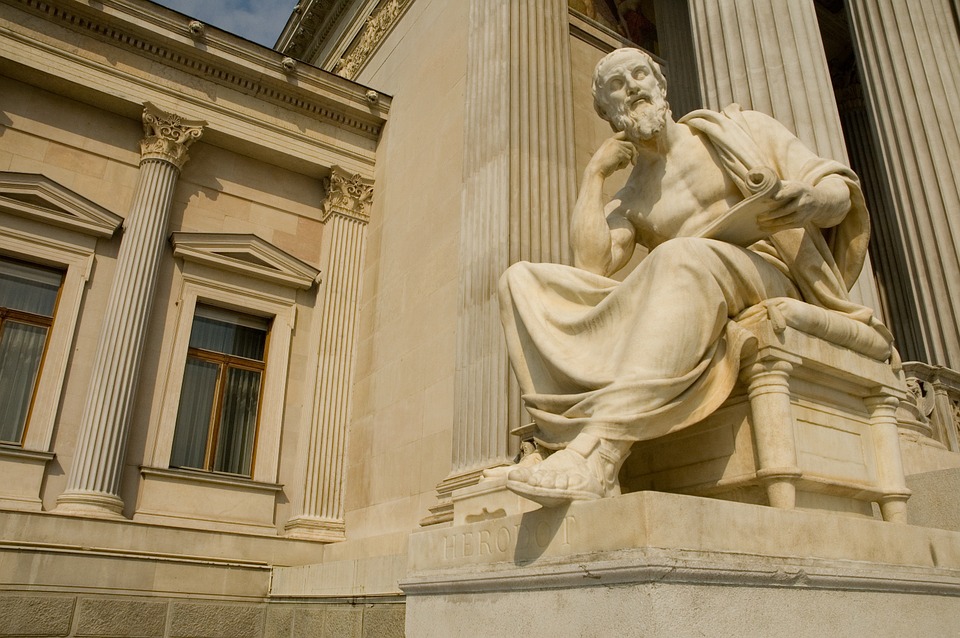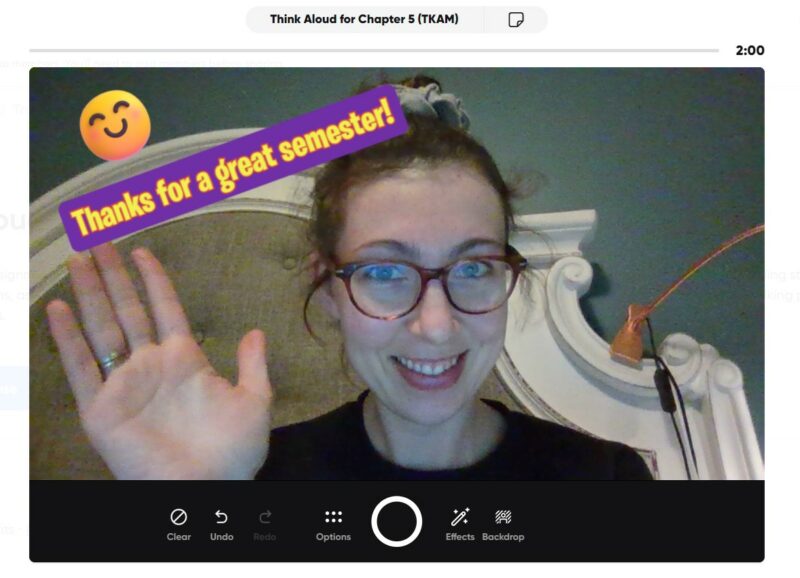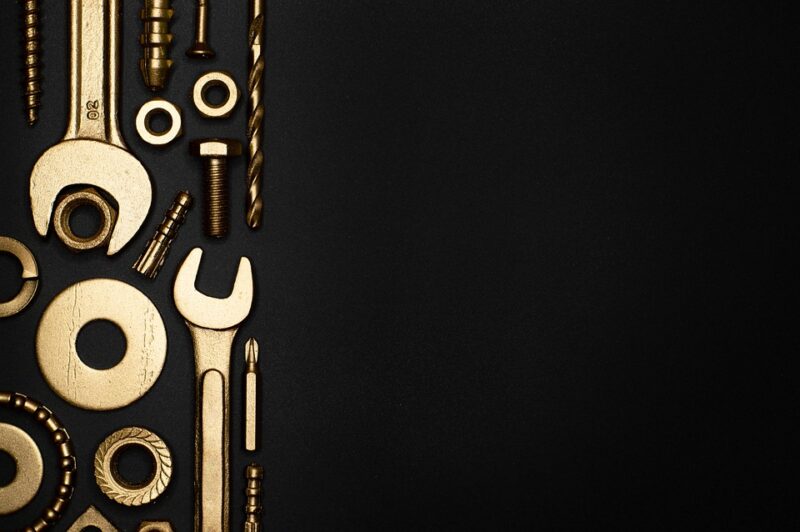Assignment 1: Philosophy of Teaching
Based on the reflective activities completed this week, as well as my continued reflective practice over my teaching career, this is my most recent and updated educational credo. This philosophy is currently in its ninth draft since I began teaching, and, as an organic document, I expect it to change and grow as I change and grow as an educator. This paper will explore my own educational credo and how it coincides with my results from the Teaching Perspectives Inventory, my connection to content knowledge, influential theories of education and learning.
I believe that to be educated is to have acquired the skills and confidence to actively and effectively seek out, understand, apply, and evaluate knowledge of the world you live in. I believe that learning needs to be a purposeful and lifelong process. It takes multiple opportunities to practice without penalty and I firmly believe that making mistakes is an essential part of growth. I believe that the role of a teacher is a facilitator of a safe and engaging learning environment; and that the most important qualities a teacher can possess are patience, kindness, flexibility, and the belief in their students’ educational potential.
Reflecting on My TPI Results
After completing the TPI assessment online, I wasn’t surprised by the results. My two dominant teaching perspectives are Nurturing and Developmental. According to the inventory, a nurturing teacher “assumes that long-term, hard, and persistent effort to achieve comes from the heart, not the head” and that it’s essential for students to “work…without fear of failure” while “”promoting a climate of care and trust ” (Pratt & Collins, 2020). I make it a point in my teaching to set concrete expectations and transparent purpose in my units and lessons, which mirrors this perspective’s belief that “good teachers provide care and support with clear expectations” (Pratt & Collins, 2020).
The developmental perspective is my other dominant teaching perspective, and, in its description, I see clear similarities to my own philosophy. It states that developmental teachers believe that “effective teaching must be planned and conducted from the learner’s point of view” and “develop increasingly complex and sophisticated cognitive structure for comprehending content” (Pratt & Collins, 2020). Similarly, I believe there should also be a clear purpose for each lesson, and it is important to teach and practice meta-cognition by involving students in the semester’s material choice and incorporating regular reflection into learning new content. It’s an educator’s job is to evaluate where individual student abilities are and what skills we want them to have, to collaborate with student needs to plan lessons and units that scaffold to that goal. An because of that, every lesson should have an access point to which every student in the classroom can meet.
How My Content Knowledge Informs My Ideas of Teaching and Paulo Freire
I don’t believe that a great teacher needs to be an expert in their subject area – in fact, I think that a teacher overly focused on the academia in their area can have a challenging time connecting with students and remembering that part of our job is to teach students how to learn. Previous content knowledge, like student learning, provides teachers with an access point for planning and a foundation to jump off of as they are learning with their students.
This believe is influenced from Paulo Freire’s theory of education. Freire believes that the ideal educator is continuously revaluating and reinventing themselves and their practice (Williams, 1999). In Freire’s theory, he labels the harmful concept of banking education, where it’s the teachers’ job to deposit information into the student’s mind (Williams, 1999). Instead, he says that education who stimulate both student and teacher thinking (Williams, 1999).
Teaching and Learning Theories that Align with My Philosophy
In addition to Paulo Freire’s theory of education discussed above, other educational philosophers that have had an impact on my own credo are Nel Nodding’s culture of care (Smith, 2020), Carl Roger’s theory of unconditional positive regard, and Maria Montessori’s individuality and independent approach to learning (2020, Montessori Method).
How This Theory Impacts My Approach to Teaching and Course Design
Looking specifically how Freire’s ideas manifest in my classroom, I make it a point to always teach a new unit every semester. Recently, I’ve taken up the habit of selecting a novel study on a book that I’ve never read. I research a bit ahead of time to get some general ideas on context and themes, but the story is new for me – and I let student know it. That way, as I’m practicing dialectical journaling and close reading strategies, I can incorporate think alouds so students can see my own processes of learning as they too are exploring the novel. Not only do my students see the human in their teacher, but they get to see the pitfalls and struggles of life-long learning in action (plus I also don’t have to read Romeo and Juliet a thousand times).
The other theory that I feel impacts my teaching is Maria Montessori’s method, “which emphasizes individuality and independence in learning” and sees “children…as inherently curious and learning driven” (2020, Montessori Method). I believe, that even at the high school level, if a student is engaged in the subject than learning provides its own intrinsic rewards. This was the basis of my Happiness unit designed for my English 12 class, where students used their own interests and questions to drive a class-wide inquiry of fiction and non-fiction resources exploring “what is happiness?”
In closing thoughts, I always enjoy the opportunity to revisit my educational credo as I progress through TRU’s Med program, as I feel that my philosophies are not only strengthened, but I feel like I have a greater understanding on where they come from and what theory influences them. I look forward to my continued growth in the future.
References:
(2020). Montessori method (Montessori). Learning theories. [https://www.learning-theories.com/montessori-method-montessori.html Retrieved: October 2, 2021]
Pratt, D.D. & Collins, J.B. (2020) “The five perspectives.” Teaching perspectives inventory. [http://www.teachingperspectives.com/tpi/#/reflect-item Retrieved: October 2, 2021]
Smith, M. K. (2004, 2020). Nel Noddings, the ethics of care and education’, The encyclopedia of pedagogy and informal education. [https://infed.org/mobi/nel-noddings-the-ethics-of-care-and-education/. Retrieved: Insert Date].
Williams, L. (1999, November 11). Paulo Freire. Rage and hope. [http://www.perfectfit.org/CT/freire1.html Retrieved: October 2, 2021]
Image credit: https://pixabay.com/photos/statue-herodot-sculpture-herod-756624/






Recent Comments